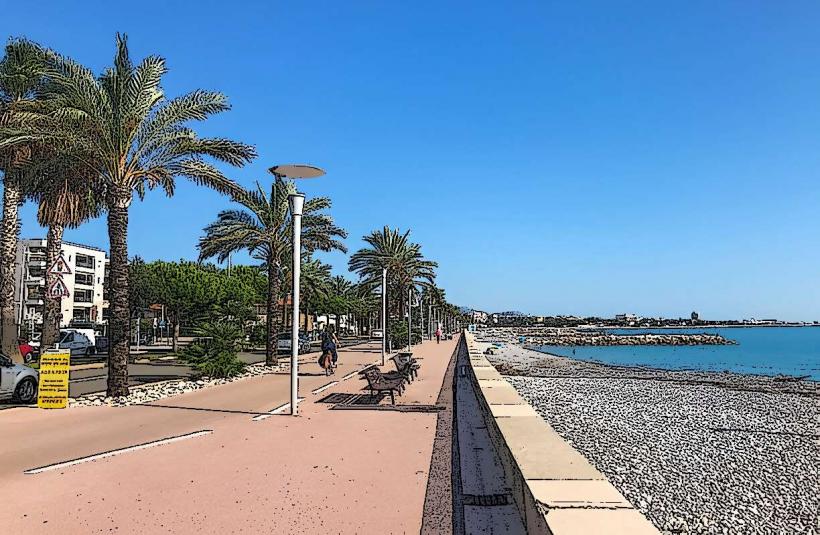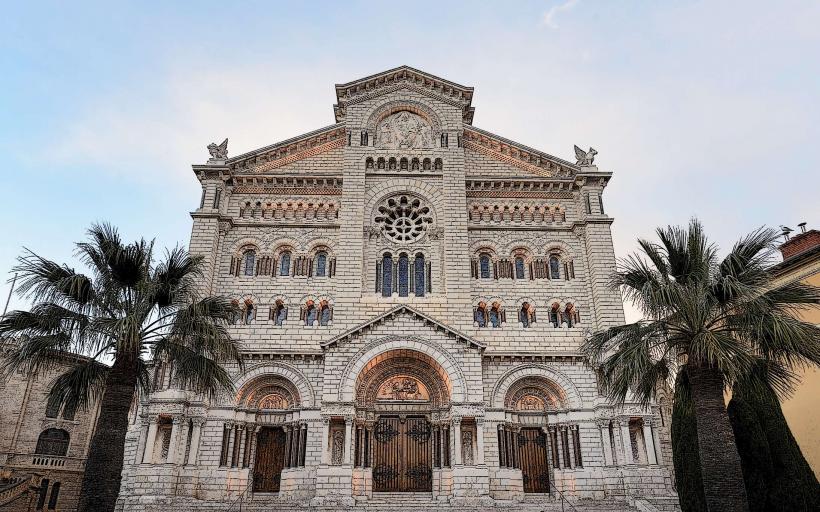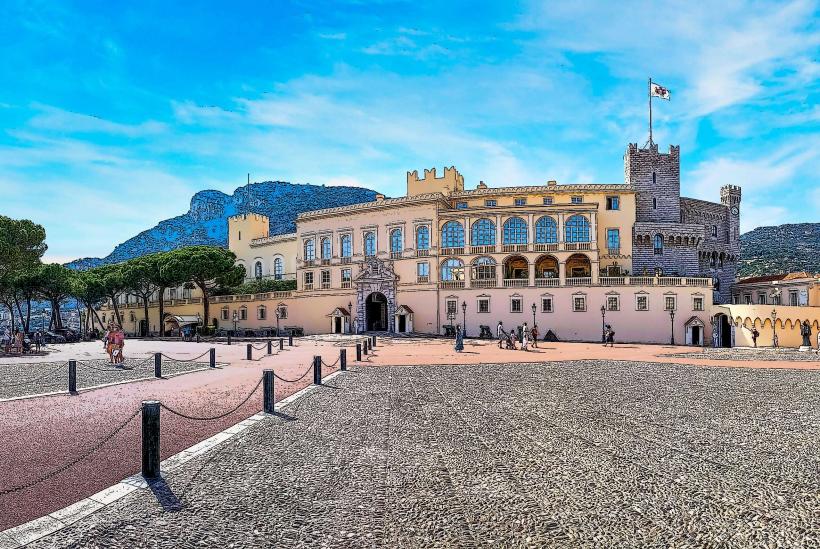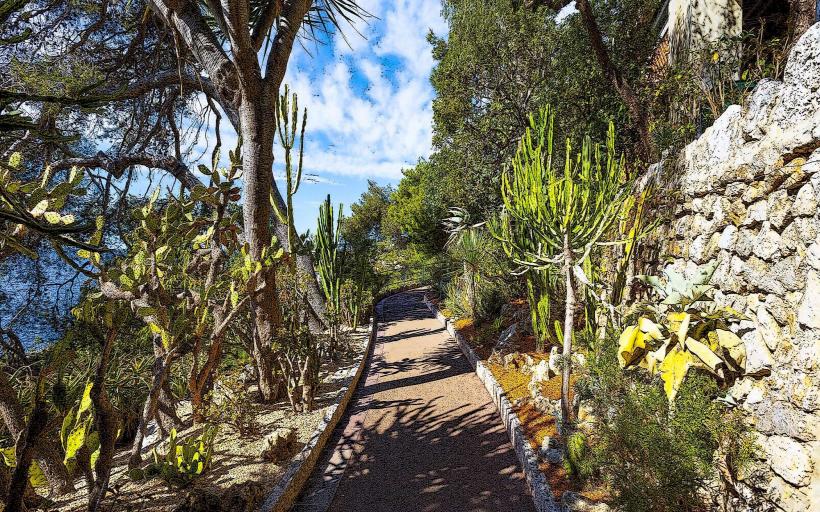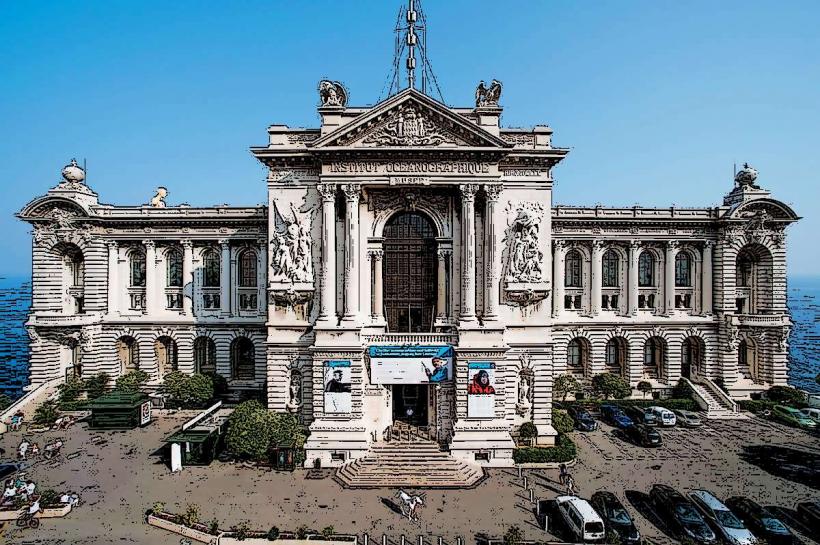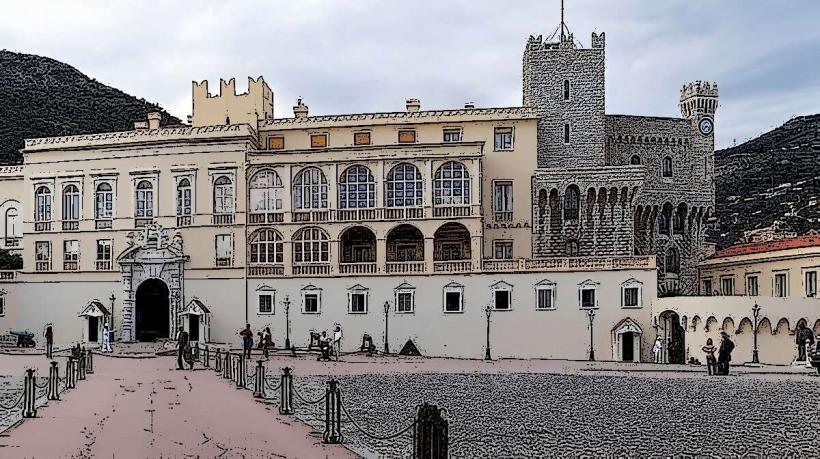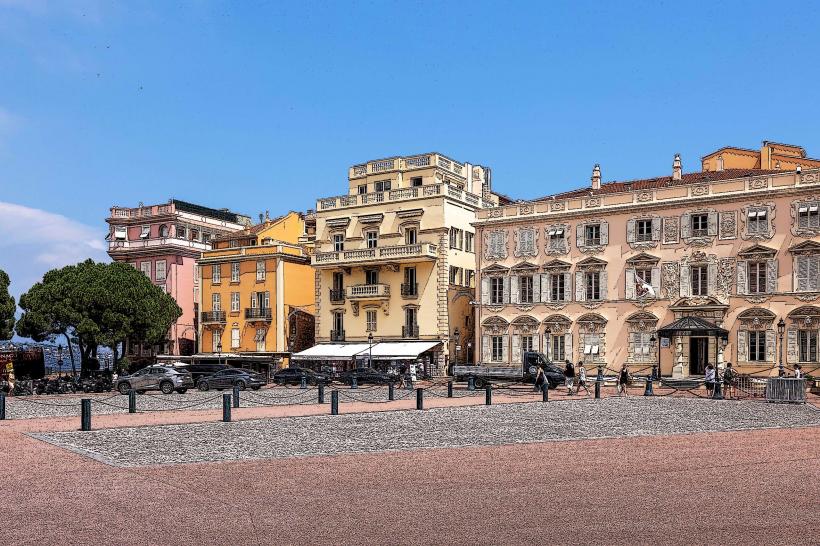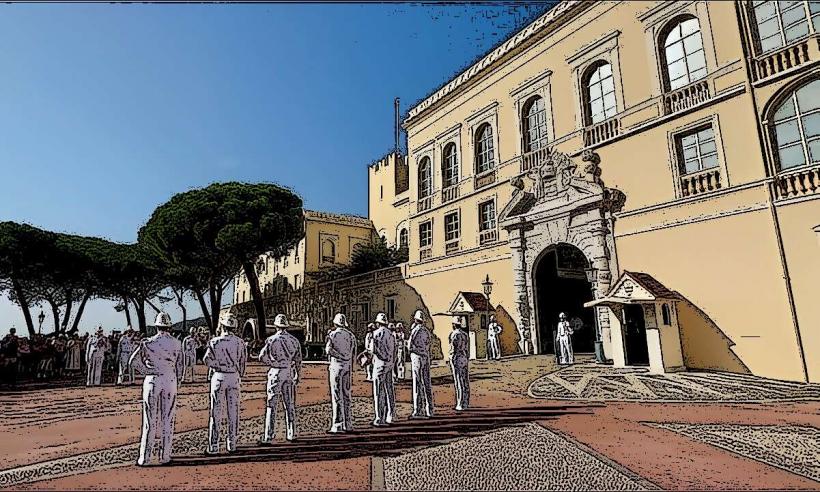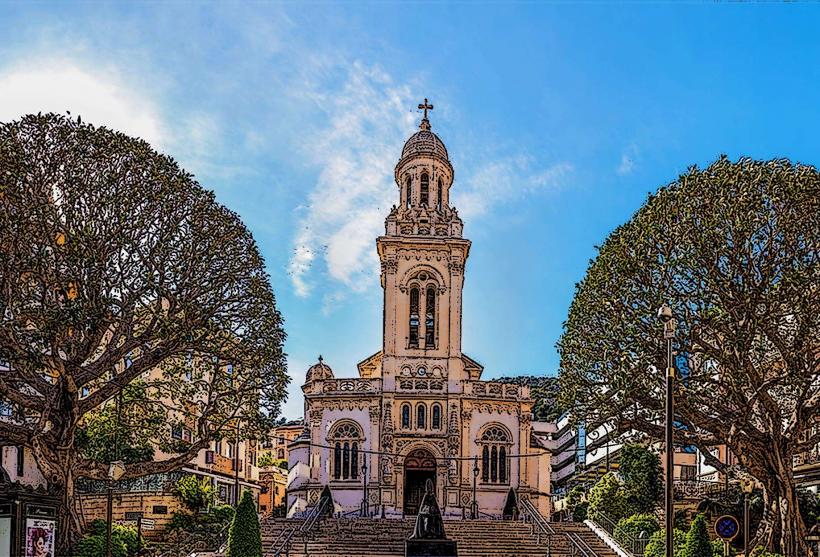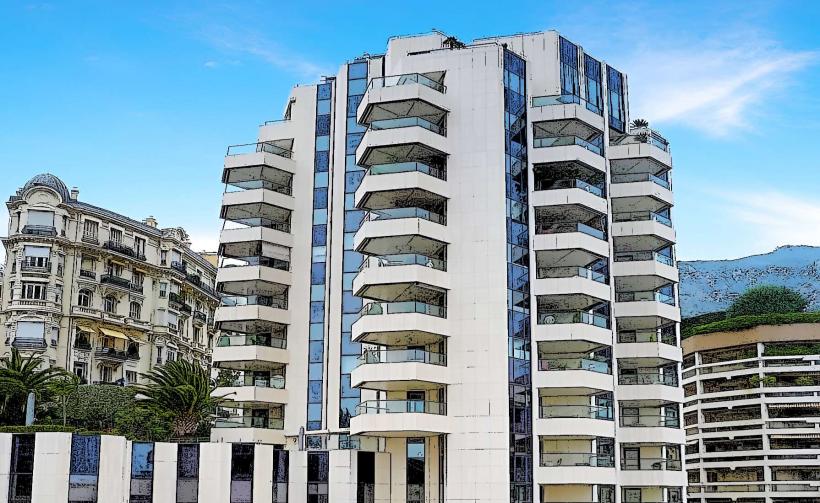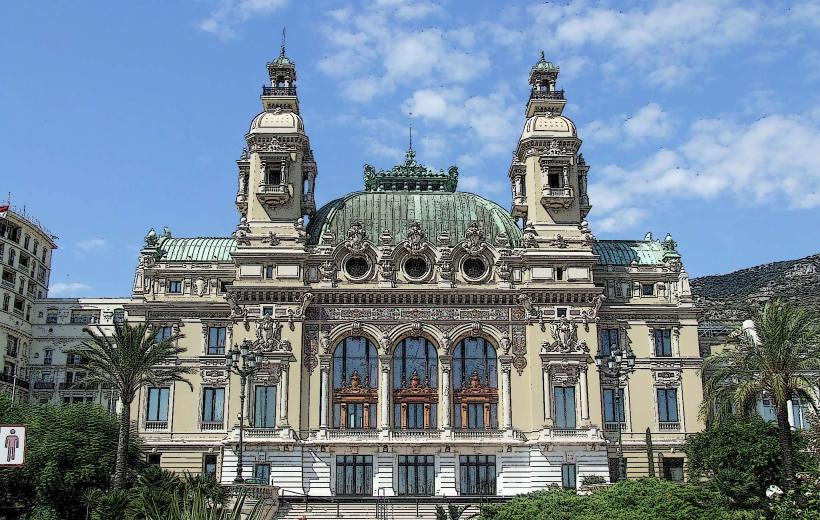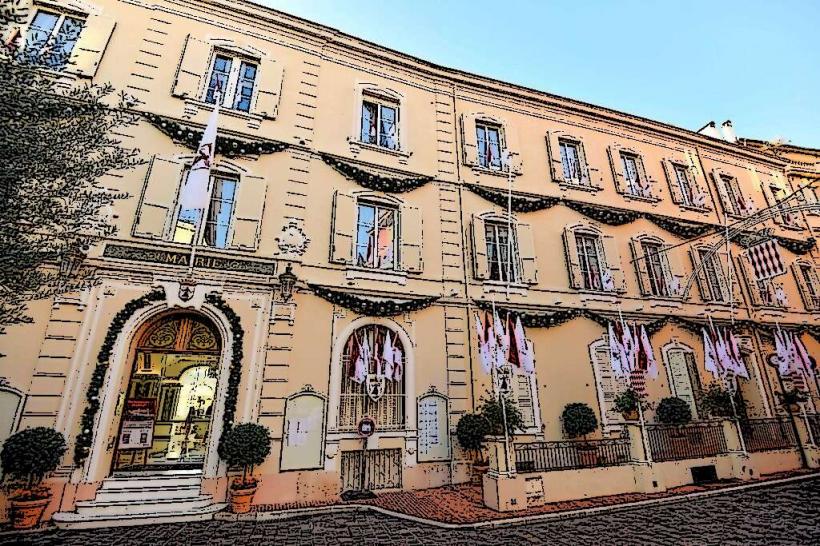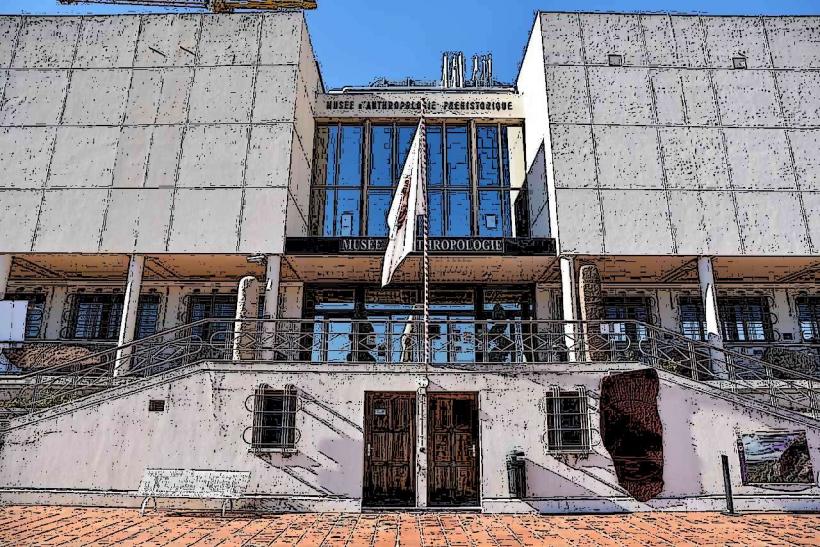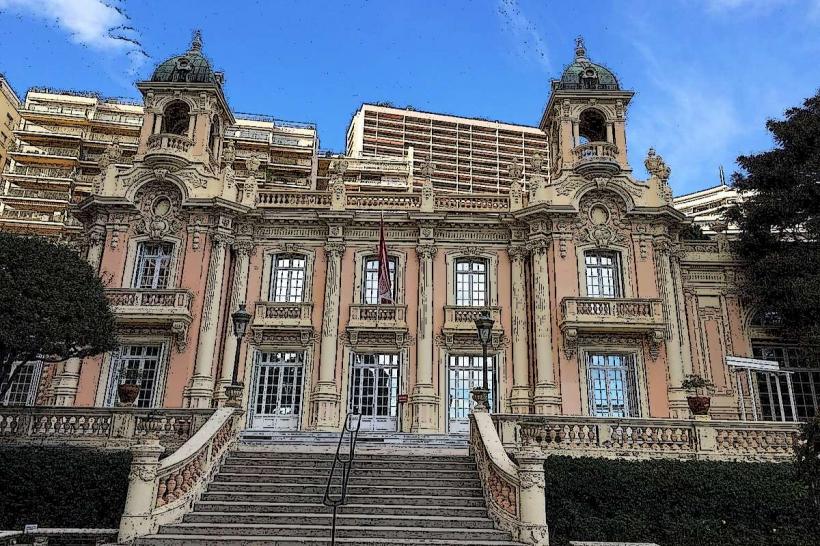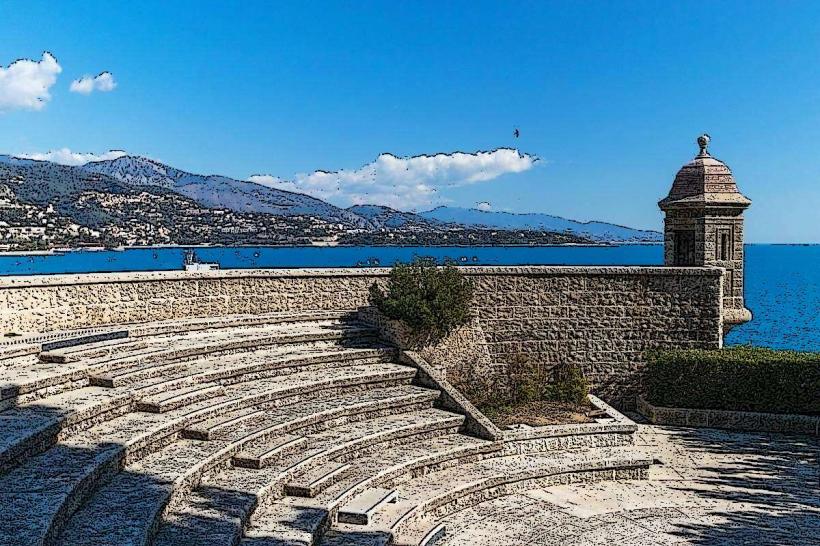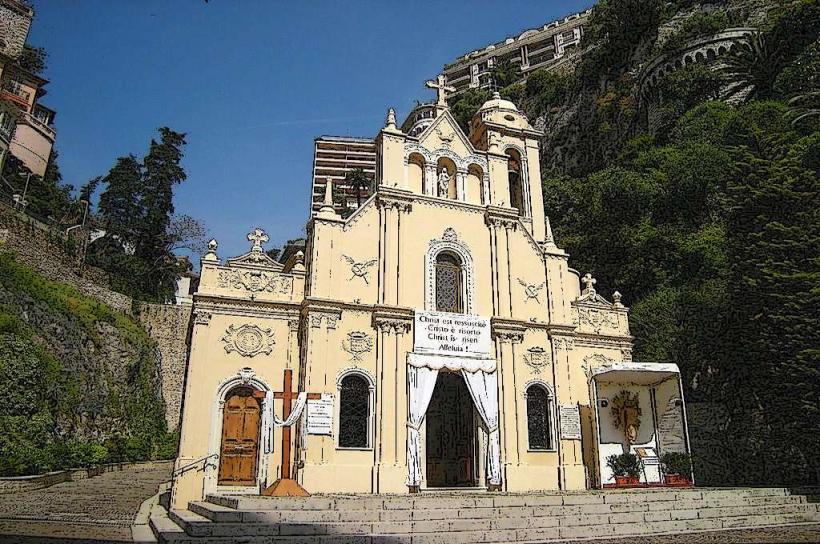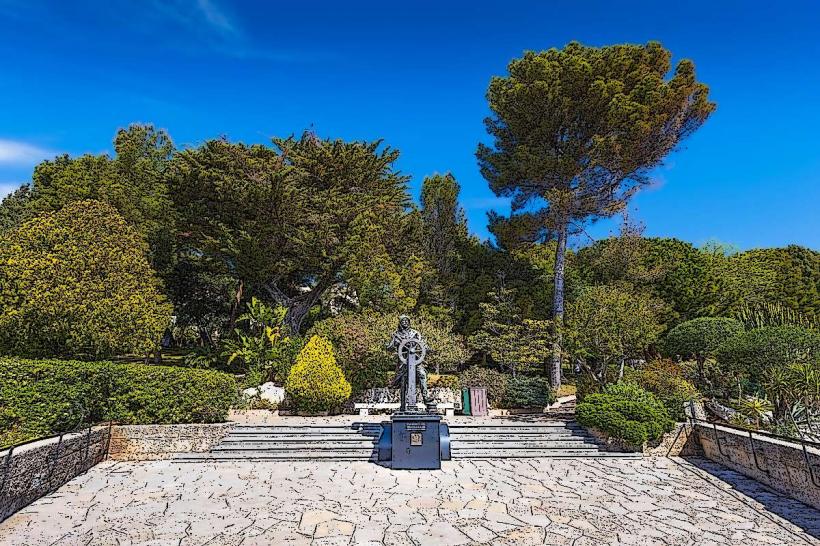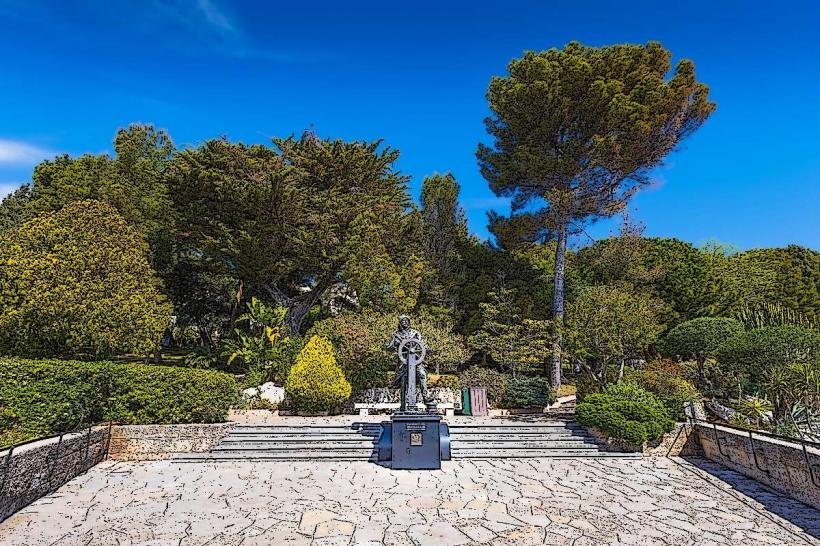Information
Landmark: Palais de JusticeCity: Monaco Ville
Country: Monaco
Continent: Europe
Palais de Justice, Monaco Ville, Monaco, Europe
Palais de Justice (Court of Justice) of Monaco
Location: Monaco-Ville, on the "Le Rocher" (The Rock), near the Monaco Cathedral and the Prince's Palace.
Function: The Palais de Justice is the headquarters of Monaco's judiciary system and hosts legal proceedings, including civil, criminal, and administrative cases.
Historical Overview
Construction:
- Built in 1930, during the reign of Prince Louis II, to centralize Monaco's judicial functions.
- It was designed to complement the historic and architectural heritage of Monaco-Ville.
Inauguration:
- Officially opened on May 1, 1930.
- Symbolizes Monaco’s commitment to law, order, and justice.
Significance:
- The Palais de Justice reinforces Monaco's status as a sovereign state with its own independent judicial system.
Architectural Features
Style:
- Built in the Genoese Romanesque Revival style, which mirrors the historic aesthetic of Monaco-Ville.
- Constructed from gray tufa stone, quarried locally, giving the building a distinctive weathered appearance.
Key Elements:
- Main Entrance:
- Features an ornate stone staircase flanked by intricate carvings.
- Facade Details:
- Decorated with arched windows, balustrades, and sculpted details that reflect Monaco’s Mediterranean heritage.
- Central Tower:
- A small circular tower adds a medieval charm to the structure.
Interior:
- While the interior is not generally open to the public, it includes courtrooms and administrative offices designed for the Principality’s judicial needs.
Judiciary in Monaco
Legal System:
- Monaco operates a legal system based on French Civil Law, modified to suit its unique constitutional monarchy.
Institutions within the Palais:
- Houses Monaco’s primary judicial bodies, including:
- The Court of First Instance.
- The Criminal Court.
- The Court of Appeals.
Role of Judges:
- Judges are often drawn from both Monaco and France to ensure impartiality and adherence to international legal standards.
Public Access:
- Some trials and rulings are open to public observation, depending on their nature.
Visitor Information
Exterior Viewing:
- While the Palais de Justice is not open for casual visits, its exterior architecture can be admired as part of a walking tour of Monaco-Ville.
Photography:
- Photography is allowed outside the building, but visitors are advised to respect the privacy of legal proceedings.
Nearby Landmarks:
- Located steps away from the Monaco Cathedral, the Prince’s Palace, and the Saint Martin Gardens.
Why Visit?
Although not a typical tourist attraction, the Palais de Justice is a striking example of Monaco's architectural and cultural heritage. Its location within Monaco-Ville makes it a fascinating stop for history enthusiasts and those interested in the governance and legal systems of the Principality. It serves as a testament to Monaco’s commitment to its sovereignty and rule of law.






